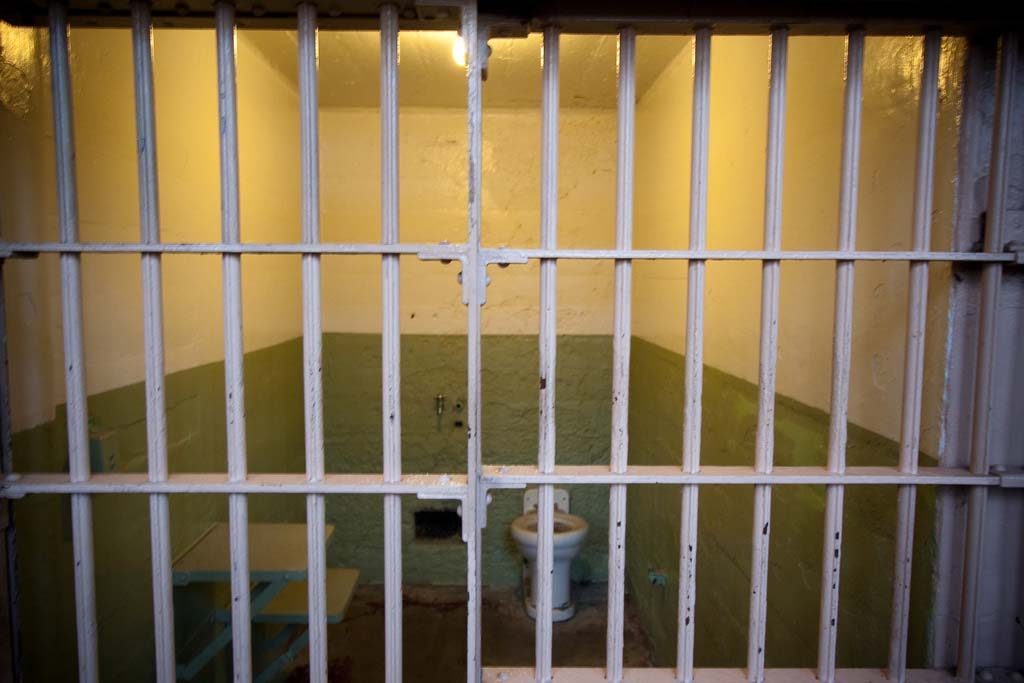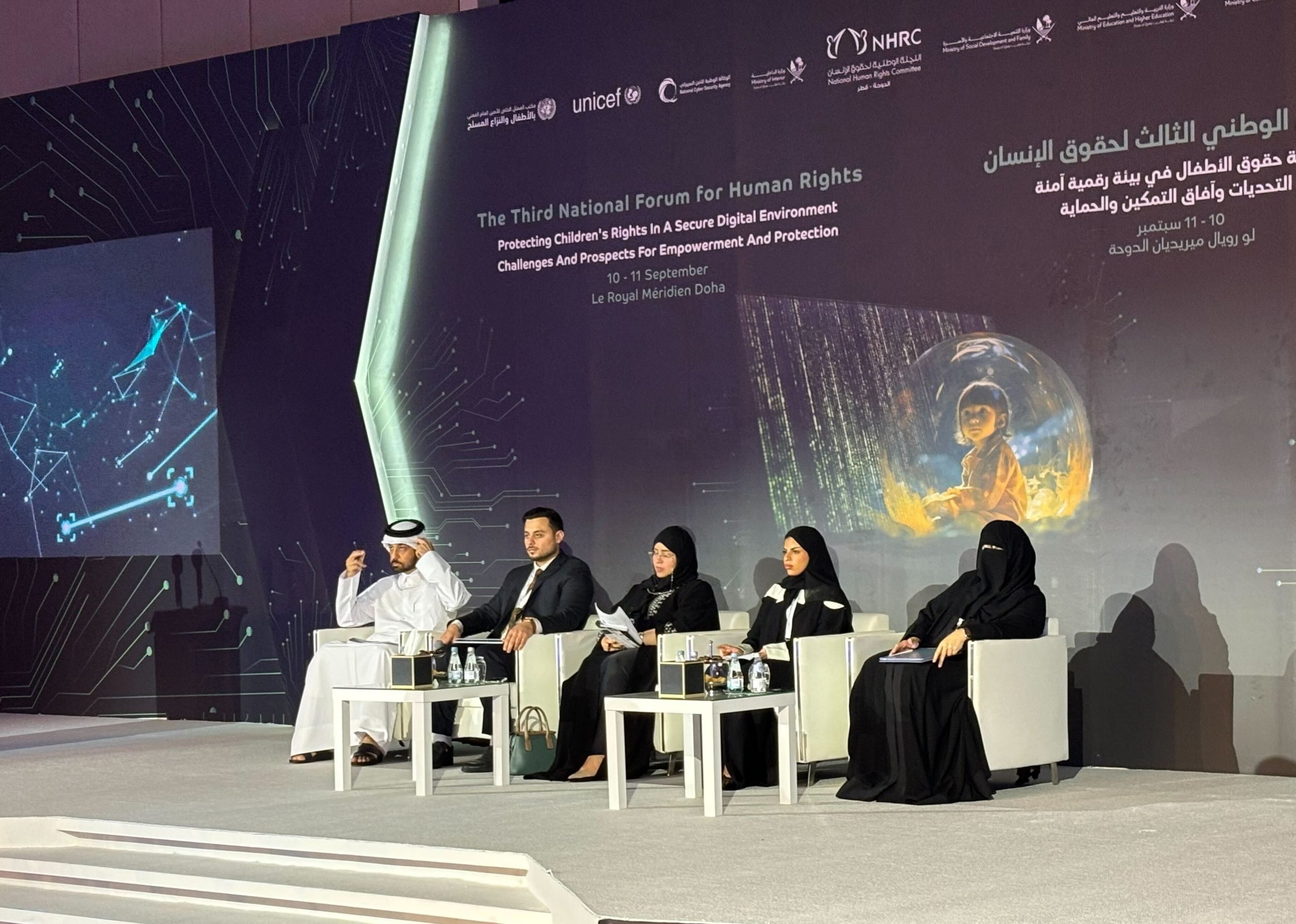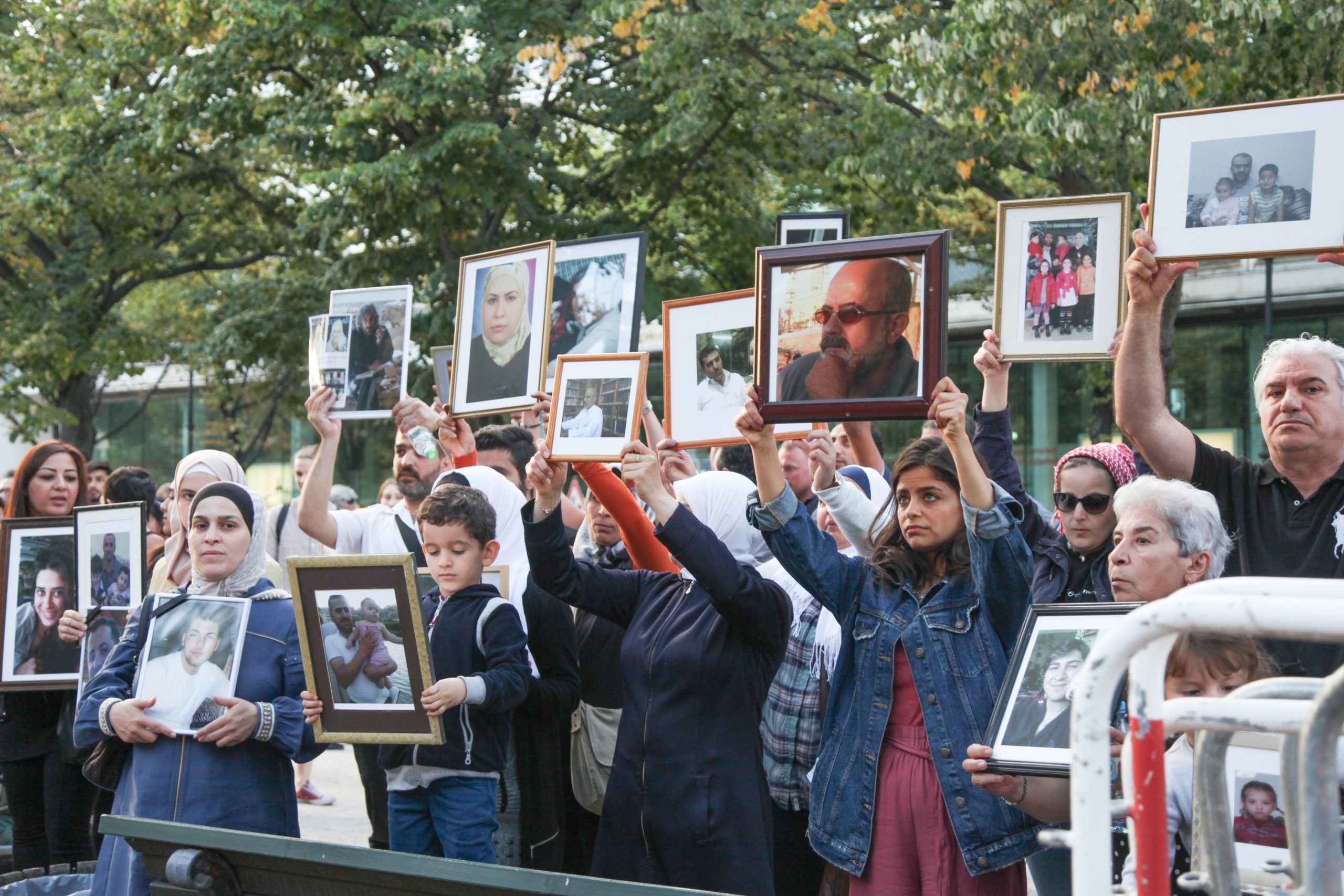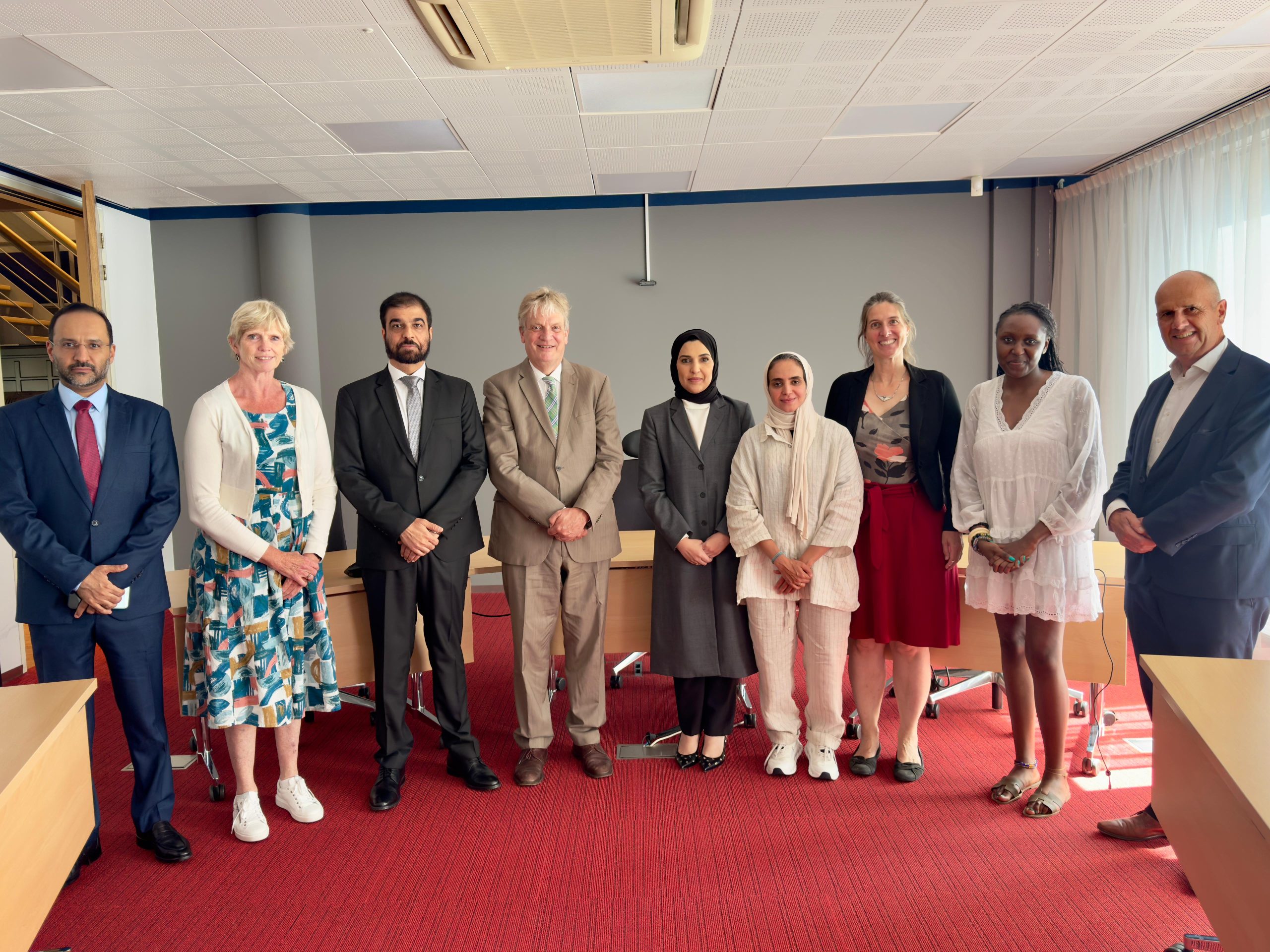
Overcrowding at Qatar’s main deportation center is creating “a hostile and tense atmosphere among the detainees” and making it difficult to maintain hygienic and safety standards, Qatar’s leading human rights organization has said.
According to previous estimates, some 1,100 men and 300 women are being held at the deportation center, which is also referred to as the Search and Follow-up Department and located off Salwa Road near the Industrial Area.
In its latest annual report, which also touched on gender equality as well as access to health care and education, among other topics, Qatar’s National Human Rights Committee (NHRC) referenced prison conditions.

It highlighted a fire that killed five detainees in September 2014.
At the time, the Ministry of the Interior said that it was investigating the fire, but has not issued any further public statements about the incident.
A Nepal newspaper reported however that two of the deceased individuals were nationals of the Himalayan country and had been “charred to death.”
The US government has said prison and detention centers in Qatar “generally met international standards” and provide clean sanitation facilities, potable water and access to adequate medical care to detainees.

However, François Crépeau – the UN special rapporteur on the human rights of migrants – called the deportation center “overcrowded and unsanitary” in a report that followed his 2013 visit to Qatar.
He found that:
“The migrants lacked sheets, a change of clothes, soap and other hygienic products. Several migrants were sleeping on mattresses on the floor in the corridors.”
In its report, which was released last month, the NHRC recommended that Qatar’s deportation center be expanded and its health and safety systems strengthened.
Separately, the government-backed organization has also urged authorities to amend several laws that would cause fewer people to be thrown in jail in the first place.
The NHRC said such moves would strengthen the country’s human rights record and help bring Qatar in line with international norms.
Investigative tools and sanctions
Under Qatar laws, the public prosecution can hold an individual if there’s enough evidence to suggest he or she committed a crime that’s punishable by more than six months in jail.

The authorities held 3,507 people under this type of “precautionary detention” in the first five months of 2014, according to the NHRC. The organization said its frequent use is problematic:
“Precautionary detention is considered in some cases a punishment of its own … despite the fact that the conviction has yet to be proven (in court),” the report said, calling on authorities to decrease their use of the legal procedure.
Separately, the NHRC also said it observed an increase in the number of people detained for issuing bounced checks, including one individual who was sentenced to more than 47 years in prison.
As in many other Gulf states, Qatar imposes stiff penalties on those who dodge debts of fail to repay loans. Sanctions for a single bounced check ranges from a prison term of three months to three years, and/or a fine of around QR3,000.
While the NHRC said there is a need to protect society from economic crimes, it noted that international standards prohibit detaining individuals because they’re unable to fulfill their contractual obligations and says new regulations are needed.
Combating abuse
The NHRC report also highlighted certain areas in which Qatar was performing well, noting that among the 1,609 complaints it received in 2014, none were related to religious discrimination or harassment, nor limits on freedom of opinion and expression.
“Qatar is considered an open place for visits by international human rights organizations, and independent researchers work in total freedom in the country on human rights related studies and research,” the report said.
However, it also raised issues that have drawn repeated criticism from international human rights organizations in recent years, such as the poor living and working conditions of construction laborers and abuses of domestic workers.

Its recommendations echo those frequently made by advocacy organizations, such as making it easier for low-income expats to pursue court cases against their employers.
This could be done by reducing or scrapping the fees plaintiffs must pay for expert studies.
The NHRC also urged the government to include domestic workers under the country’s labor laws so that they receive the same legal safeguards as other foreign employees.
Blacklisting companies
Qatar has made several efforts in recent years to better protect low-income expats from abusive employers. For example, the government introduced multilingual complaint kiosks last year and has increased the number of labor inspectors.
Authorities have also said they’re cracking down on companies that mistreat their employers. One sanction includes “blacklisting” these firms so that they are temporarily unable to sponsor additional expats.
The Ministry of Labor and Social Affairs hit 807 companies with this penalty in the first half of 2015.

However, in some cases this has had the side effect of imposing additional hardships for some expats, the NHRC noted.
It said that some foreign workers have arrived in Qatar just as their would-be employer’s commercial registration is frozen by the Ministry of Interior.
Unable to work at the job for which they were hired and unwilling to go home because they’ve taken out large debts to secure employment in Qatar, many of these individuals feel compelled to seek out illegal employment in the Gulf country, the NHRC said.
Working for an employer other than one’s sponsor or without a valid Qatar ID leaves expats at risk of arrest and without legal recourse if they are not paid or mistreated by their supervisors.
The NHRC recommended that the MOI makes it easier for expats caught in this situation to transfer their sponsorship to another employer.
Thoughts?







